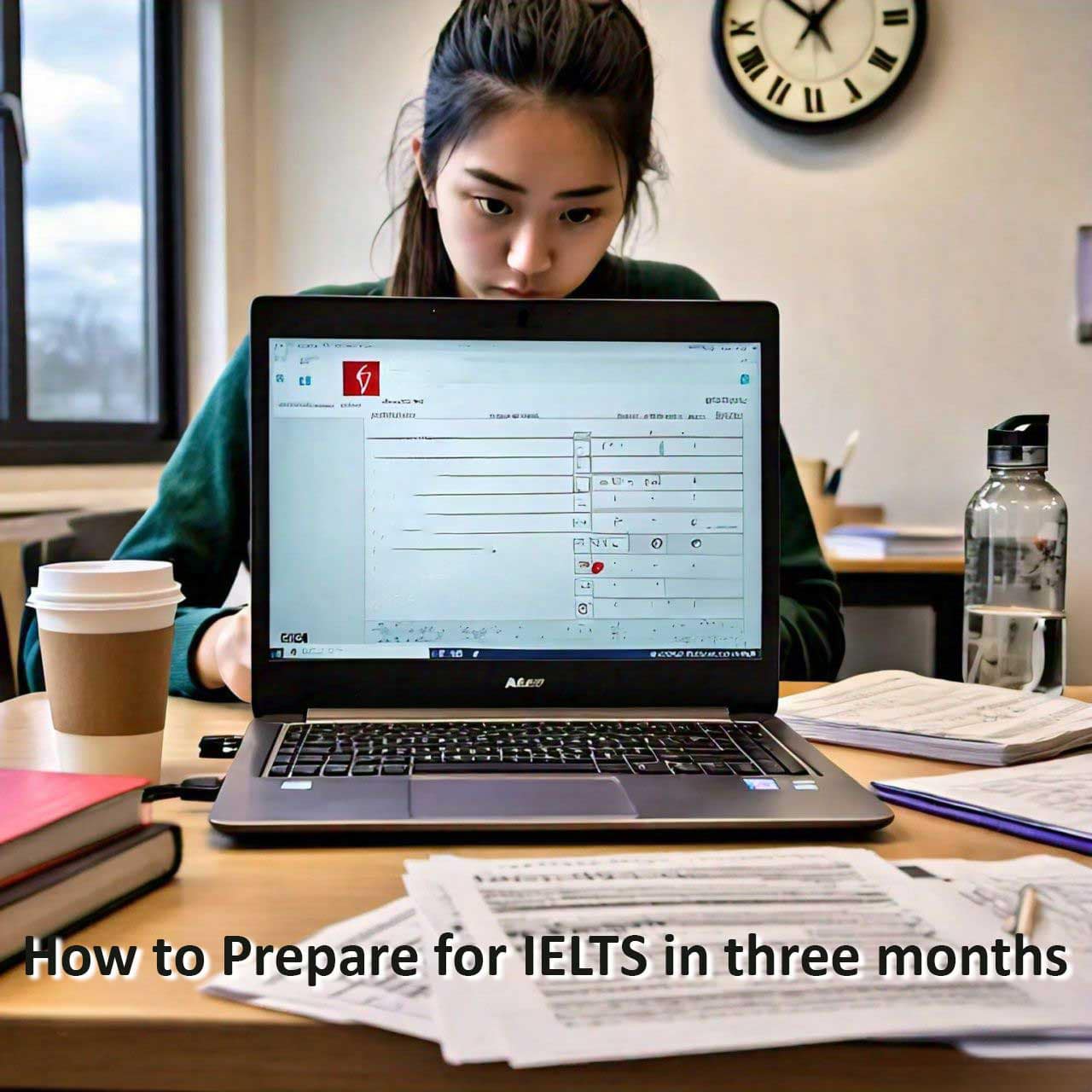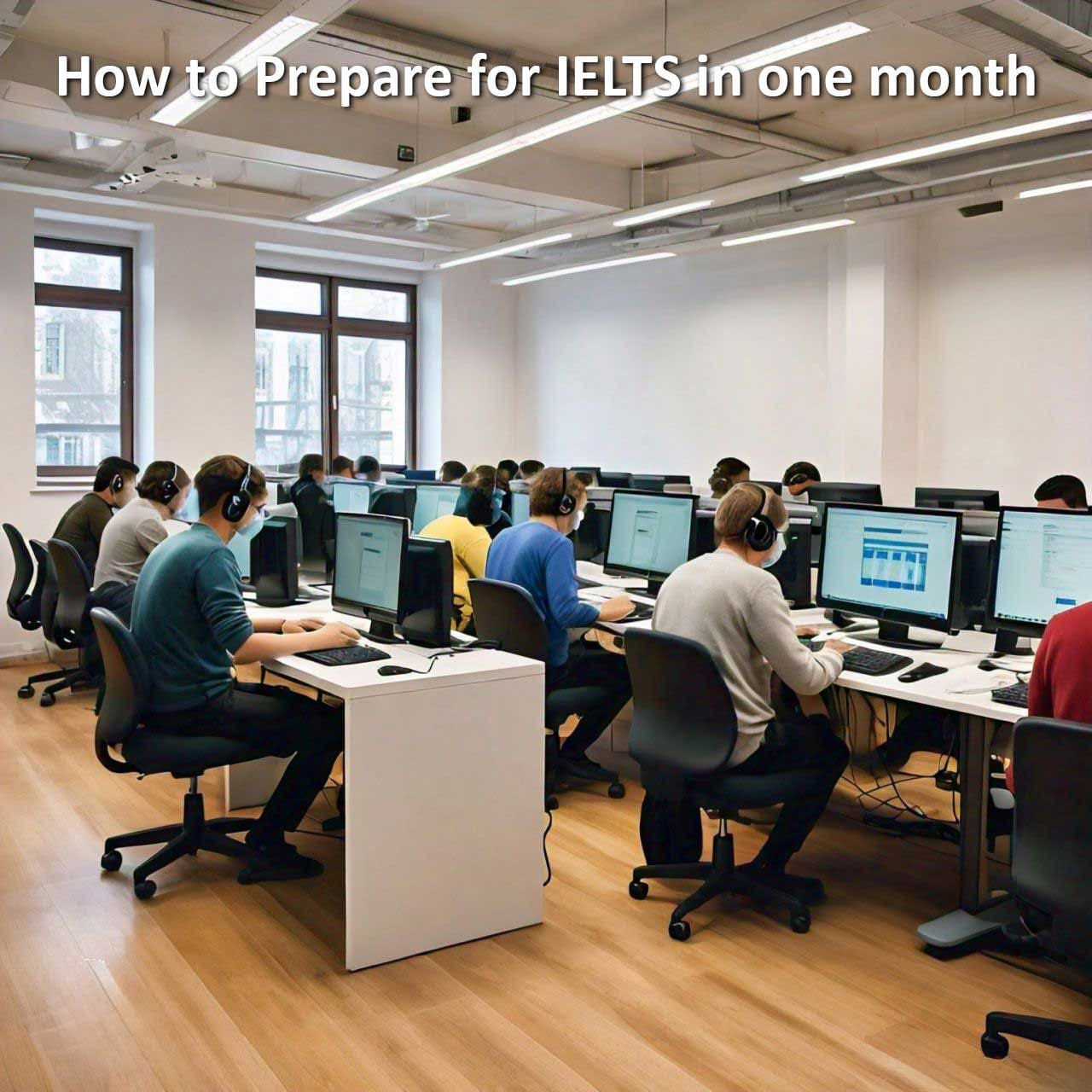The IELTS Speaking test is an important component of the IELTS exam, designed to assess your speaking skills in English. Speaking Part 3, often referred to as the “Discussion” phase, is the most challenging part of the test. It involves a more in-depth conversation with the examiner, where you need to express your opinions, provide explanations, and discuss abstract ideas.
To excel in this part, it’s helpful to be familiar with common topics and know how to develop your responses effectively. In this blog post, we’ll explore some frequent topics in IELTS Speaking Part 3 and provide tips on how to prepare for them.
Table of Contents
Understanding IELTS Speaking Part 3
In Part 3 of the IELTS Speaking test, the examiner will ask you questions related to the topic discussed in Part 2, but at a more complex level. This part lasts 4-5 minutes and aims to test your ability to discuss issues in a thoughtful and analytical manner.
Common Topics in IELTS Speaking Part 3
1. Education
Example Questions:
– What are the advantages and disadvantages of the education system in your country?
– How can education be made more accessible to everyone?
– Do you think education should focus more on practical skills or theoretical knowledge?
Preparation Tips:
– Reflect on your personal experiences with education.
– Stay informed about different educational systems and recent changes in the education sector.
– Think about the role of technology in education and its potential benefits and drawbacks.
2. Technology
Example Questions:
– How has technology changed the way we communicate?
– What are the potential dangers of relying too much on technology?
– How can technology be used to improve people’s lives?
Preparation Tips:
– Keep up-to-date with the latest technological advancements.
– Consider both positive and negative impacts of technology on society.
– Be ready to discuss specific examples of how technology influences daily life, work, and education.
3. Environment
Example Questions:
– What are the biggest environmental challenges facing your country?
– How can individuals contribute to protecting the environment?
– Do you think it is the responsibility of governments or individuals to solve environmental problems?
Preparation Tips:
– Familiarize yourself with common environmental issues such as pollution, climate change, and conservation.
– Think about practical solutions to these issues at both individual and governmental levels.
– Be prepared to discuss recent initiatives and policies related to environmental protection.
4. Health
Example Questions:
– What are the main health issues in your country?
– How can people be encouraged to lead healthier lifestyles?
– What role should the government play in ensuring public health?
Preparation Tips:
– Understand major health challenges and trends in your country.
– Consider the role of diet, exercise, and public health campaigns in promoting health.
– Be ready to discuss the healthcare system and possible improvements.
5. Work and Employment
Example Questions:
– How has the nature of work changed in recent years?
– What are the advantages and disadvantages of remote working?
– What skills will be most important for future employment?
Preparation Tips:
– Reflect on how work environments have evolved, especially with the rise of remote work.
– Think about the skills that are becoming increasingly valuable in the job market.
– Be prepared to discuss work-life balance and job satisfaction.
6. Culture and Society
Example Questions:
– How important is it to preserve cultural traditions?
– What impact does globalization have on local cultures?
– How can we promote understanding and tolerance between different cultures?
Preparation Tips:
– Consider the role of cultural heritage and its importance.
– Think about the effects of globalization on culture and identity.
– Be ready to discuss ways to foster intercultural dialogue and respect.
Tips for Excelling in IELTS Speaking Part 3
1. Develop Your Ideas
When answering questions, aim to provide detailed responses. Explain your points clearly, and support them with examples, reasons, and personal experiences. This shows the examiner that you can think critically and articulate your thoughts coherently.
2. Practice Discussing Abstract Concepts
Part 3 often involves discussing abstract or hypothetical scenarios. Practice speaking about these types of concepts to become more comfortable with them. Engage in discussions with friends or use practice questions to simulate the test environment.
3. Stay Calm and Confident
It’s natural to feel nervous during the test, but staying calm and confident will help you perform better. Take a deep breath before answering each question, and don’t rush your responses. Speak clearly and at a moderate pace.
4. Expand Your Vocabulary
A rich vocabulary allows you to express your ideas more precisely. Regularly read and listen to English materials related to common IELTS topics to enhance your vocabulary. Make a habit of noting down new words and phrases, and practice using them in sentences.
5. Seek Feedback
Practicing with a partner or tutor can provide valuable feedback on your speaking skills. Identify areas for improvement and work on them. Recording your responses and listening to them can also help you identify and correct mistakes.
Conclusion
IELTS Speaking Part 3 is an opportunity to showcase your ability to engage in meaningful discussions and express complex ideas in English. By familiarizing yourself with common topics and practicing your responses, you can improve your performance and increase your confidence. Remember, thorough preparation and a calm, confident approach are key to excelling in this part of the IELTS Speaking test. Good luck!



